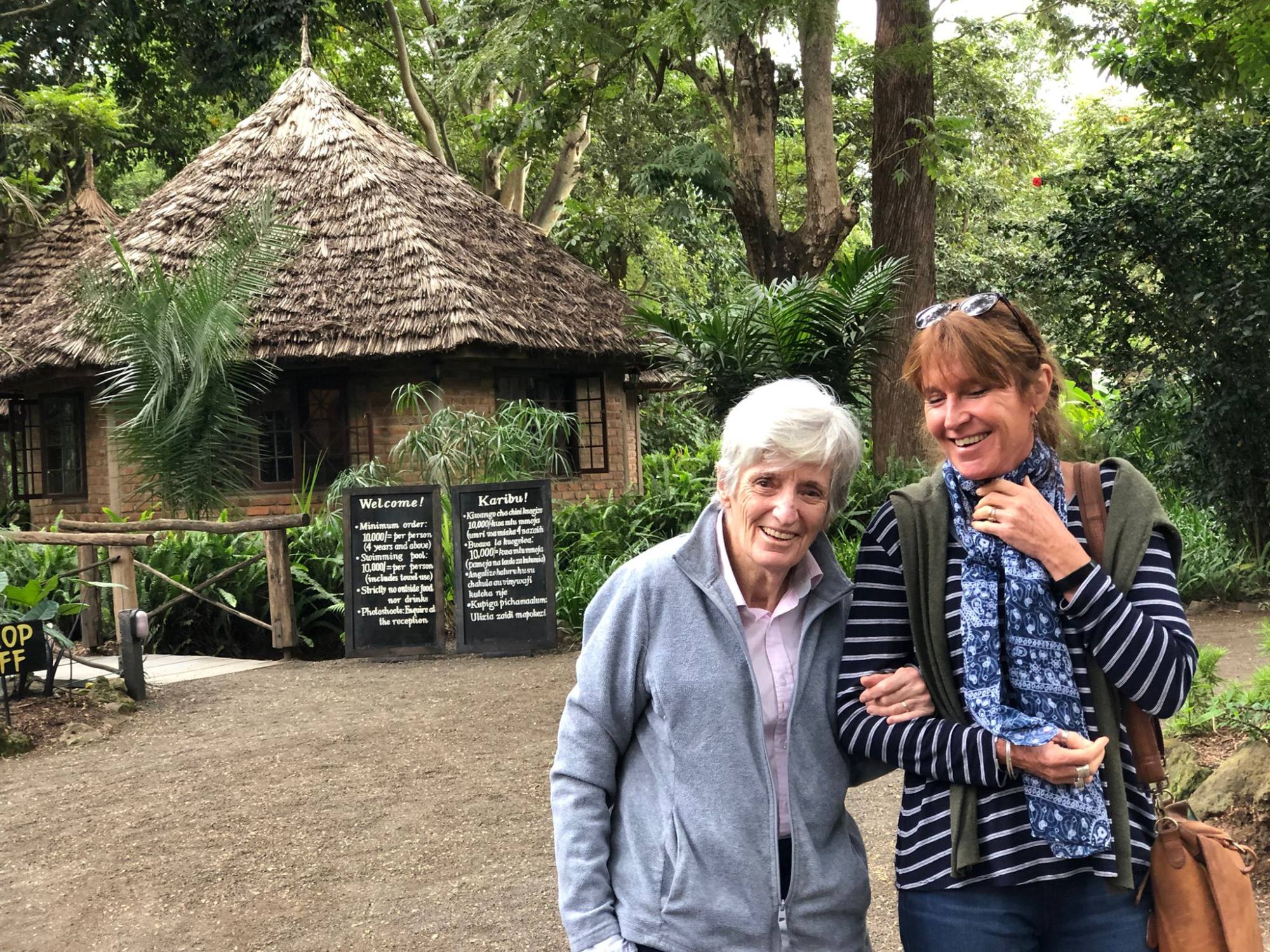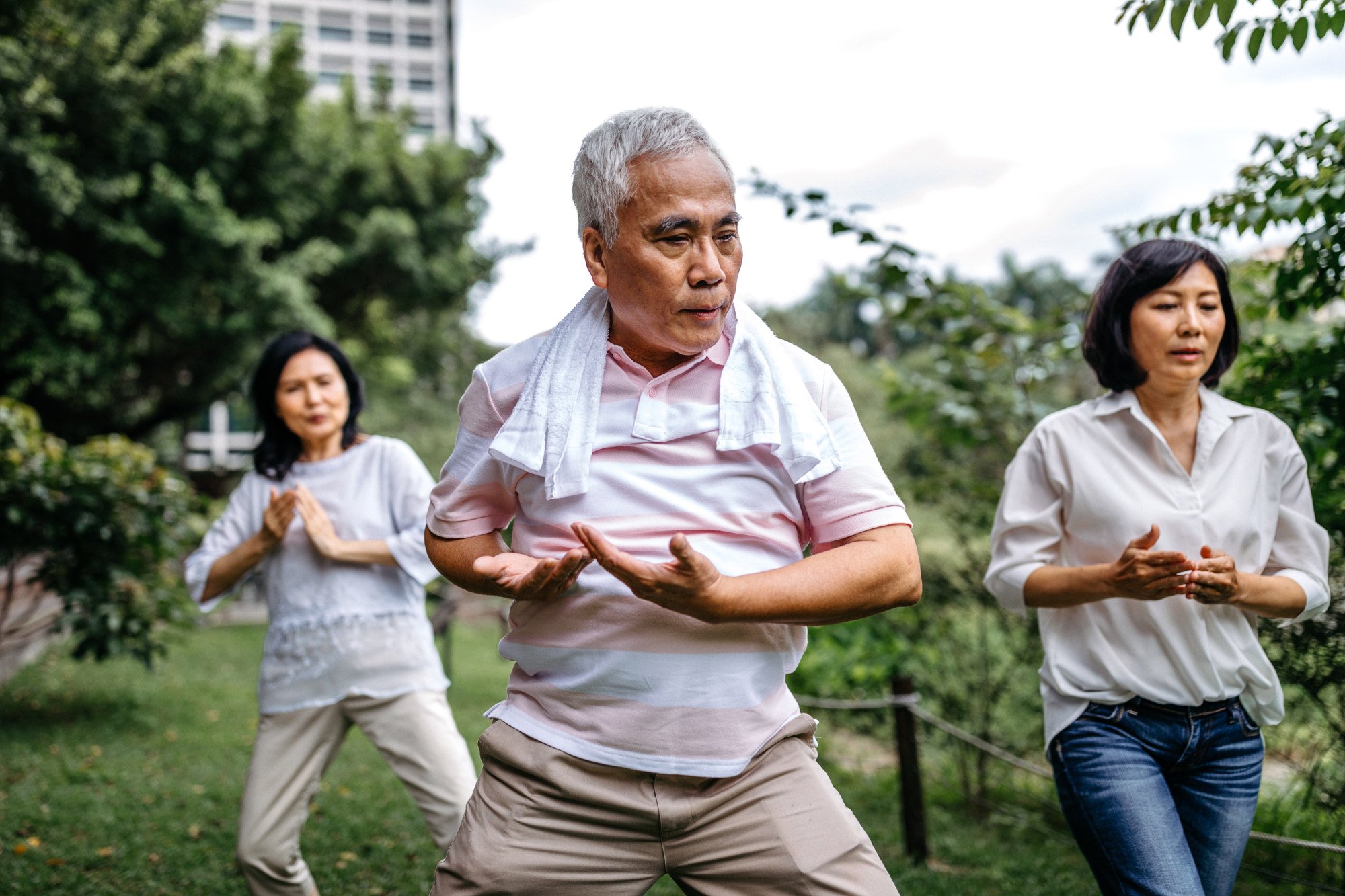
How caring for a parent with dementia taught me about symptoms, prevention and why seeking out the latest research is so important
- Anthea Rowan knew little about dementia until her mother developed Alzheimer’s and forgot who her daughter was
- In this first instalment in a series on dementia, the author explains how delving into research is key to preventing or delaying the condition in herself
There was a time I didn’t know anything about dementia – other than it meant a person lost their memory. Right?
I certainly didn’t know how common it was. But common it is: 55 million people are living with the condition worldwide.
With nearly 10 million new cases every year, there will be almost 80 million dementia sufferers by 2030, and 139 million by 2050, according to the World Health Organization.
And I had no idea that dementia is the seventh leading cause of death and the major cause of dependency among older people globally.
I didn’t know these things because I didn’t need to. Not until my mother forgot who I was did it occur to me to look at the stats and the facts of this illness.
Fifty-five million.
It’s a terrifying number but, if you’re one of those millions more who care for, and live with, those 55 million, it’s oddly comforting: I’m not alone in all this.
I have a daily Google news alert set for “dementia”. On the day of writing, ABC News describes a course on how to care for a patient with dementia (it’s important, but it makes it sound simpler than it is); a study published in Washington finds that an underactive thyroid may predispose a person to dementia; and several sites carry the story of an elderly man with Alzheimer’s disease who has gone missing.
Yesterday’s news carried a piece on the sensory changes dementia sufferers endure. I recalled a description from a virtual dementia tour, as described by the American writer Dani Shapiro, in which participants wore thick gloves to mimic the lack of dexterity that accompanies dementia, and earphones that played a rattle of sound to conjure the auditory challenges.

My mother’s compromised senses manifest mostly in touch: her perception of heat and cold is muddled, as is that of wet and dry. As she pats down her bed, she complains: “It’s damp.” It’s dry as a bone.
The Centres for Disease Control and Prevention – the US national public health agency, based in Atlanta, Georgia – defines dementia not as a specific disease, but rather “a general term for the impaired ability to remember, think, or make decisions”.
Alzheimer’s disease – my mother’s diagnosis – is the most common type of dementia; it accounts for up to 80 per cent of dementia cases.
She remembers little of her past, and cannot decide what to do now, in the present, nor what to do next: get up, get dressed, make a mug of tea? That’s mostly because she often cannot remember how to do these things, or where the things involved in the doing are.
As the daughter of a woman who lives with the illness … I am determined to avoid my mother’s fate
But dementia is not just about remembering or thinking or decision-making. My mother has visual hallucinations: people that I cannot see apparently walk across the lawn, while invisible children play on an unseen swing.
Sometimes these visions perturb her: “Why are those people in the garden, when will they go?”
I buy into the fantasy to reassure her: “They’ll go soon mum. Shall we have a cup of tea?”
Distraction is a useful tool in the face of dementia. A sufferer cannot hold a thought for long. Or remember it. The moment passes and she is calm again.
Dementia is also about the blurring of lines between what is real and what is not: frequently my mother, having spent a peaceful afternoon in front of the television, will describe the characters of a well-known Netflix series as people she has met in real life.

I first encountered dementia in a friend’s mother. I watched as she guided her mum gently by an elbow towards a seat when, as a group, we went out for lunch, or gathered at a child’s birthday party. Her mother said nothing, looking vacantly, uninterestedly, silently on.
I never attempted to greet her. I am ashamed of that now: a warm hand on her shoulder as I passed, a smile, a hello. While all these things would have gone unacknowledged by my friend’s mother, they would have been noticed, and welcomed, by my friend.
Why didn’t I greet her? Or sit by her for a few moments and chat to her? Was I scared of her? Embarrassed?
Mostly, I think, I didn’t know what to do, or say. So I did something worse: nothing.
While I am ashamed, retrospectively, I don’t think my response in the face of dementia is unusual. I watch friends now, giving my mother a wide berth. I don’t blame them. But I wish they understood and behaved differently. Because I wish I had.
According to the London-based Alzheimer’s Disease International – an umbrella organisation of more than 100 associations around the world that support people with dementia and their families – someone in the world develops dementia every three seconds. Let me say that again: every three seconds.

This single fact is heartening. There are things you can do to minimise your risk. As the daughter of a woman who lives with the illness, and one who knew nothing about it until I was forced to get up close and personal with it, I am determined to avoid my mother’s fate.
Regular exercise, studies suggest, lowers the risk of cognitive decline by 35 per cent; remaining socially active reduces it by 15 per cent; and doing household chores reduces it by 22 per cent.
If we arm ourselves against dementia with information, will we be safe?
Possibly. But only if we know what it looks like.











